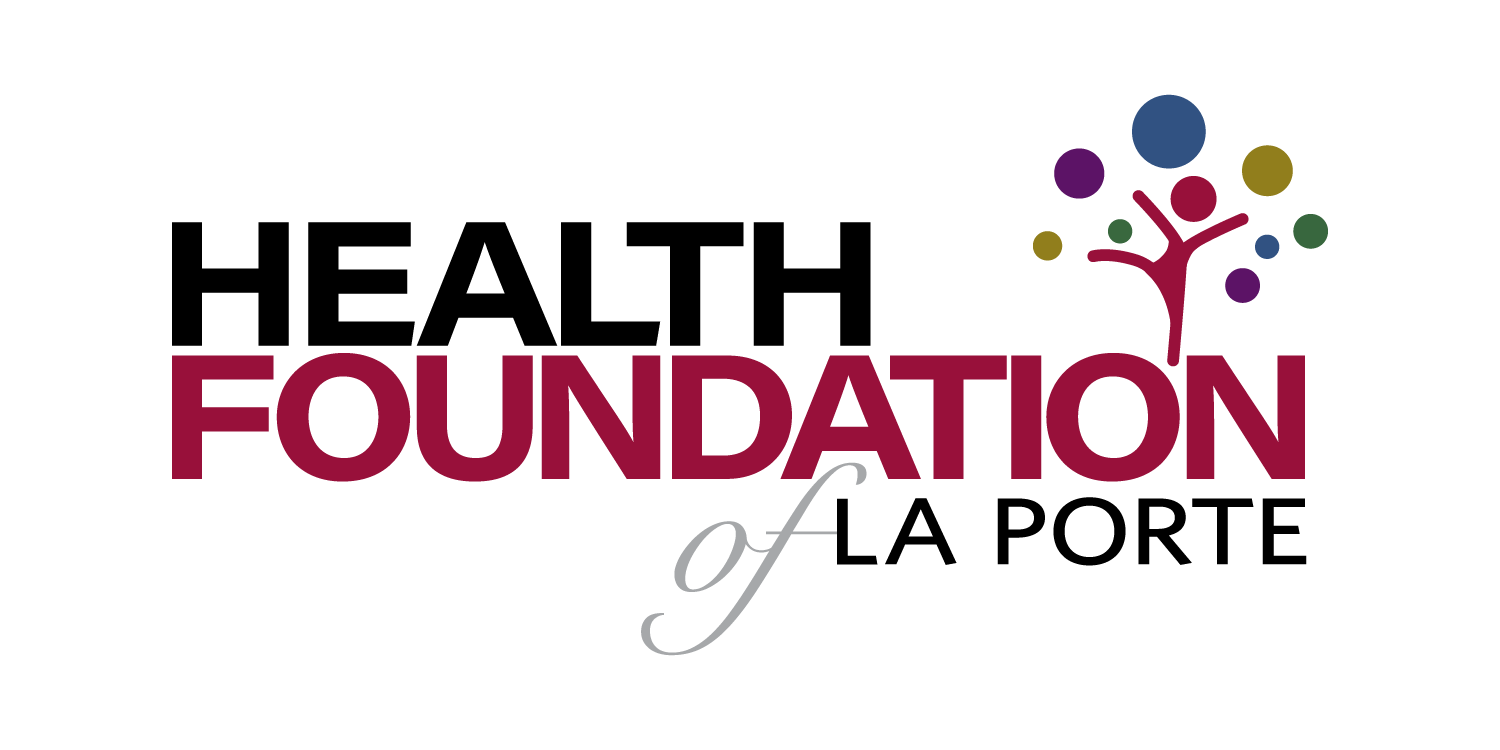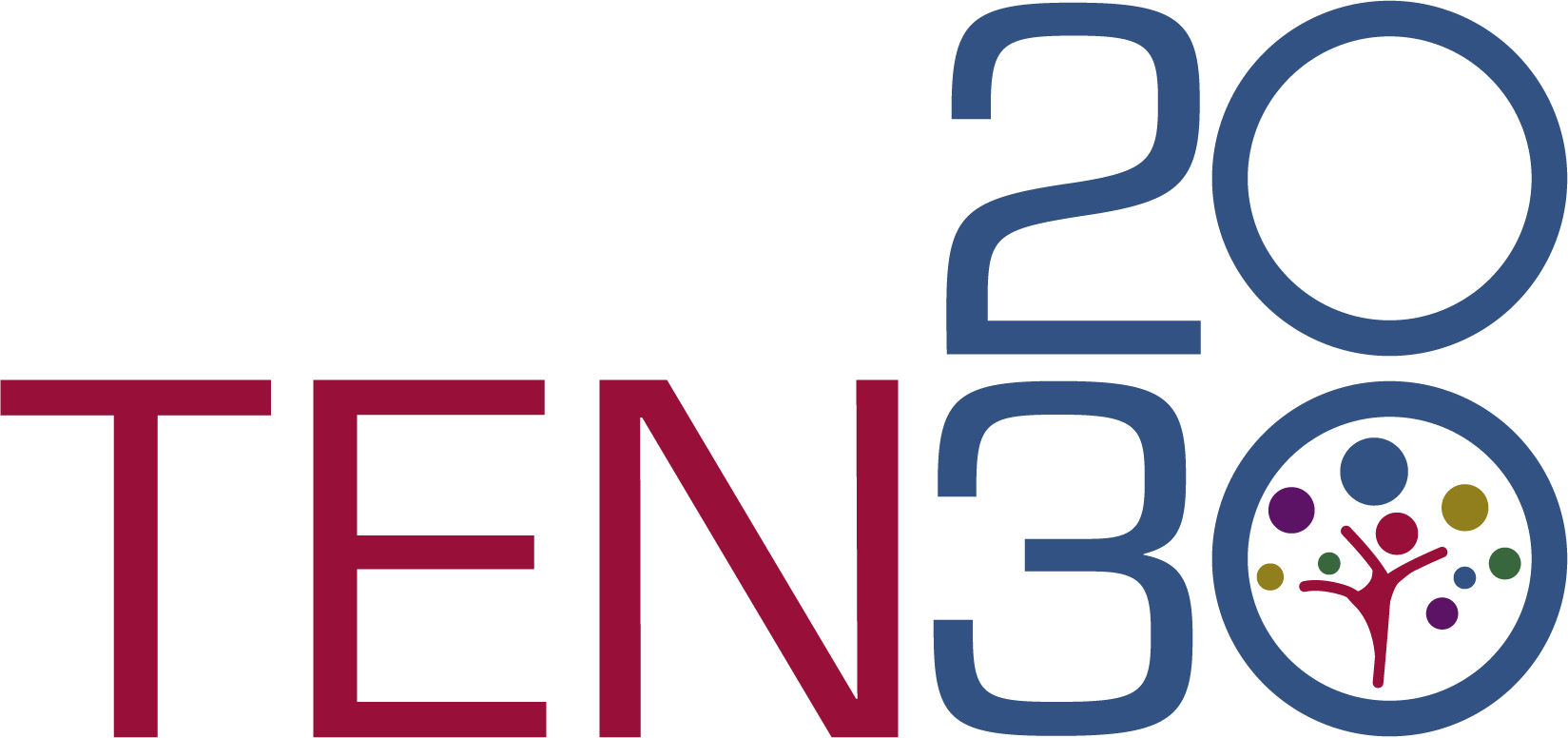Promising Practices
The Promising Practices database informs professionals and community members about documented approaches to improving community health and quality of life.
The ultimate goal is to support the systematic adoption, implementation, and evaluation of successful programs, practices, and policy changes. The database provides carefully reviewed, documented, and ranked practices that range from good ideas to evidence-based practices.
Learn more about the ranking methodology.
Filed under Evidence-Based Practice, Health / Children's Health, Adults, Women, Men, Families, Urban
Goal: Parenting education programs are designed to teach and enhance skills and behaviors that enable parents to better understand their child, support their development, and provide a more stable and supportive family environment. Research supports the numerous benefits of such programs, finding that parenting education programs help parents to teach communication and social skills while reducing their stress and improving their sense of competence. Importantly, these positive program outcomes are true for families regardless of whether they are currently dealing with issues of maltreatment or are simply at risk for it.
The Parent Enrichment Program is for families who are at risk for having their children removed from the home or whose children have been removed from the home due to abuse or neglect. The goal of the program is to enhance existing parenting skills, connect participants to needed resources, and support their goals related to social and economic self-sufficiency. Specific program objectives are to improve skills related to positive parenting and financial stability, develop family protective factors that guard against abuse and neglect, and reduce safety threats.
References:
Charlop-Christy, M. H., & Carpenter, M. H. (2000). Modified incidental teaching sessions: A procedure for parents to increase spontaneous speech in their children with autism. Journal of Positive Behavior Interventions, 2, 98–112.
Solomon, R., Necheles, J., Ferch, C., & Bruckman, D. (2007). Pilot study of a parent training program for young children with autism: The PLAY Project Home Consultation program. Autism, 11, 205–224.
Koegel, R. L., Bimbela, A., & Schreibman, L. (1996). Collateral effects of parent training on family interactions. Journal of Autism and Developmental Disorders, 26, 347–359.
Cowen, P. S. (2001). Effectiveness of a parent education intervention for at‐risk families. Journal for Specialists in Pediatric Nursing, 6(2), 73-82.
Filed under Evidence-Based Practice, Community / Public Safety, Racial/Ethnic Minorities
Goal: The goal of tribal motor vehicle injury prevention programs is to reduce disparities in rates of motor vehicle-related injuries and deaths.
Impact: Projects to increase motor vehicle safety on tribal reservations increased seat belt use among drivers, increased use of child safety seats, and decreased motor vehicle crashes.
Filed under Evidence-Based Practice, Health / Children's Health, Adults, Women, Men, Families, Urban
Goal: The goal of With All Families: Parents is to support pediatric care visits and improve child welfare by using screening tools and individual parent coaching to identify and address social determinants of health. Specific program objectives are to improve family functioning generally while specifically focusing on improving protective factors and economic-self-sufficiency. As part of the program, staff also work with families to increase parent concrete support and connect parents to needed physical health, behavior health, and educational resources for their child.
Research supports the benefits of using the strategies employed by With All Families: Parents (i.e., screening, resource navigation, and parent coaching) to improve family welfare by addressing underlying risk factors related to poverty and access to resources. For example, programs designed to provide screening and resource navigation support are associated with reduced social needs, improved child health and decreased child hospitalization visits. In light of evidence suggesting that social factors may in fact play a larger role in determining one’s health than medical care, programs that target these social factors, such as With All Families: Parents, are becoming increasingly important.
References
Garg, A., Toy, S., Tripodis, Y., Silverstein, M., & Freeman, E. (2015). Addressing social determinants of health at well child care visits: a cluster RCT. Pediatrics, 135(2), e296-e304.
Gottlieb, L. M., Hessler, D., Long, D., Laves, E., Burns, A. R., Amaya, A., ... & Adler, N. E. (2016). Effects of social needs screening and in-person service navigation on child health: a randomized clinical trial. JAMA pediatrics, 170(11), e162521-e162521.
Pantell, M. S., Hessler, D., Long, D., Alqassari, M., Schudel, C., Laves, E., ... & Gottlieb, L. M. (2020). Effects of in-person navigation to address family social needs on child health care utilization: a randomized clinical trial. JAMA network open, 3(6), e206445-e206445.
Braveman, P., & Gottlieb, L. (2014). The social determinants of health: it's time to consider the causes of the causes. Public health reports, 129(1_suppl2), 19-31.
Filed under Effective Practice, Community / Transportation
Goal: The AZTech Executive Committee set the following objectives:
1. Integrate the existing Intelligent Transportation Infrastructure (ITI) into a regional system.
2. Establish a regional integrated traveler information system for the multi-modal travelers.
3. Demonstrate the benefits of integrated community-based transportation systems to achieve system efficiencies.
4. Provide a showcase of how technology can improve the overall quality of life, conserve energy and reduce pollution.
5. Set a worldwide standard of excellence for deployment of ITS in a major economy.
Filed under Good Idea, Community / Social Environment
Goal: The goal of the CFAA initiative is to promote community building across ages. The life span approach promotes the well-being of children, youth, and older adults; strengthens families; and provides opportunities for ongoing interaction across ages.
Filed under Effective Practice, Education / Literacy, Children, Teens
Goal: The mission of Family Place Libraries™ is to increase the capacity of libraries throughout the nation to recognize and realize their full potential as community hubs for healthy child and family development, parent and community involvement and lifelong learning beginning at birth.
Filed under Good Idea, Health / Health Care Access & Quality, Children, Families
Goal: Healthy Kids plans to enroll all uninsured children who are not eligible for Medi-Cal and who are residents of Sonoma County in the health care and insurance program.
Filed under Effective Practice, Health / Health Care Access & Quality, Children
Goal: The goal of the King County Asthma Forum is to improve asthma outcomes among low-income children.
Filed under Effective Practice, Community / Social Environment
Goal: The mission of the program is to work vigorously to free participants from the burden of welfare dependency, and achieve a better, happier lifestyle through self-sufficiency. It will serve the taxpayers of Riverside County by reducing welfare dependency, thus making tax dollars available for other expenditures and needs.
Impact: The program produced a large net savings to the government through increased tax revenues and reduced welfare and food stamps payments (as an estimate, $2.84 saved for every $1.00 invested over five years).
Filed under Evidence-Based Practice, Community / Social Environment, Children, Urban
Goal: The goal of Prime Time Palm Beach County is to improve the quality of school-age afterschool programs through assessment, guidance, and support.
Impact: Based on the 2009 study findings, Prime Time's Quality Improvement System resulted in improvements made to afterschool programs which enhanced quality programming and important developmental learning experiences for youth.

